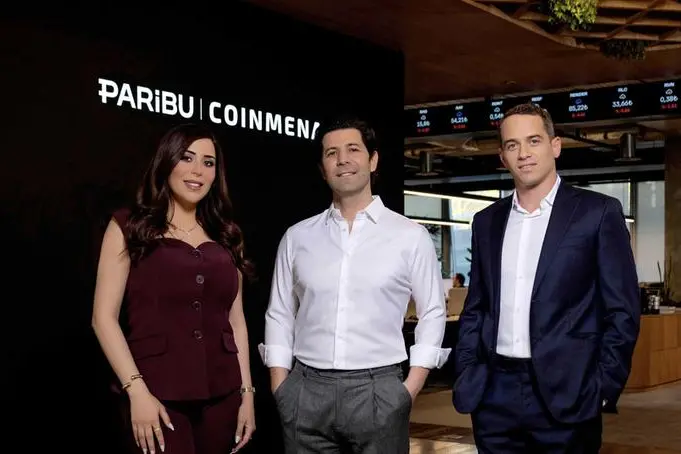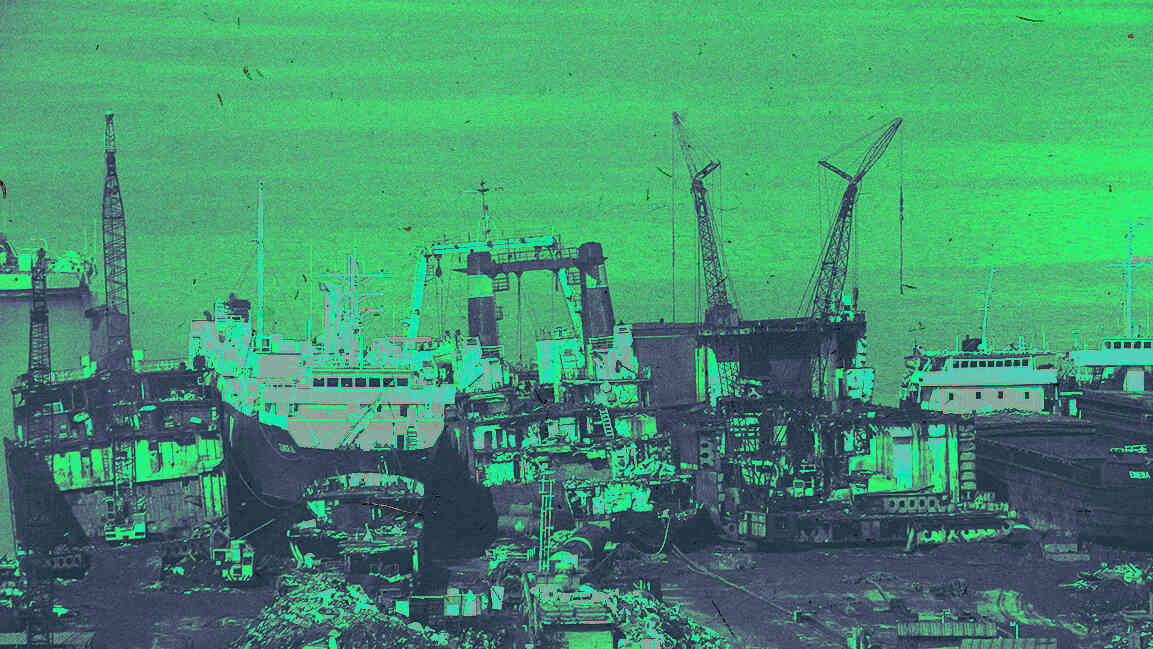Oman is launching a groundbreaking green ship recycling project, establishing the Middle East’s first integrated facility for the eco-friendly dismantling of end-of-life vessels. The initiative, designed to support the nation’s 2050 net-zero emissions target, will strengthen the Sultanate’s position as a regional leader in environmental innovation and sustainable maritime practices.
By the Numbers
The state-of-the-art facility will have a significant economic and environmental impact:
- 70+ Ships Annually: The facility’s capacity for dismantling and recycling end-of-life vessels.
- 2 Million Tonnes: The expected annual production of high-quality, low-carbon steel in the initial phase.
- ~2,000 Jobs: The number of direct and indirect jobs the project is expected to generate.
A Landmark Project for a Circular Economy
The new facility will be developed in the Khatmat Malaha area of North Batinah in collaboration with Green Wheel Recycling Middle East, as announced by the Ministry of Transport, Communications, and Information Technology (MTCIT). A concession agreement is expected to be signed later this month, paving the way for construction to begin. Once operational, the facility will feature a fully integrated port and will produce around 2 million tonnes of low-carbon steel annually, significantly contributing to the circular economy.
Setting a New Standard for Maritime Sustainability
Green ship recycling involves the safe and environmentally responsible dismantling of vessels, following strict regulations to minimize ecological and health risks. “This project not only supports Oman’s 2050 net-zero strategy but also positions the sultanate as a regional hub for innovative green solutions in shipping,” a ministry official said. The initiative also provides a timely solution for international shipping fleets facing increasing regulatory pressure from frameworks such as the EU Ship Recycling Regulation and the Hong Kong Convention.
Driving Economic Diversification and Job Creation
Beyond its environmental impact, the project is expected to generate around 2,000 direct and indirect jobs, while stimulating growth in secondary sectors such as eco-friendly container manufacturing. The supply of low-carbon steel will also strengthen Oman’s iron and steel industries, contributing to the country’s non-oil GDP.
Source: Fast Company Middle East














